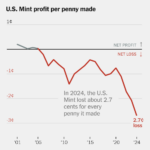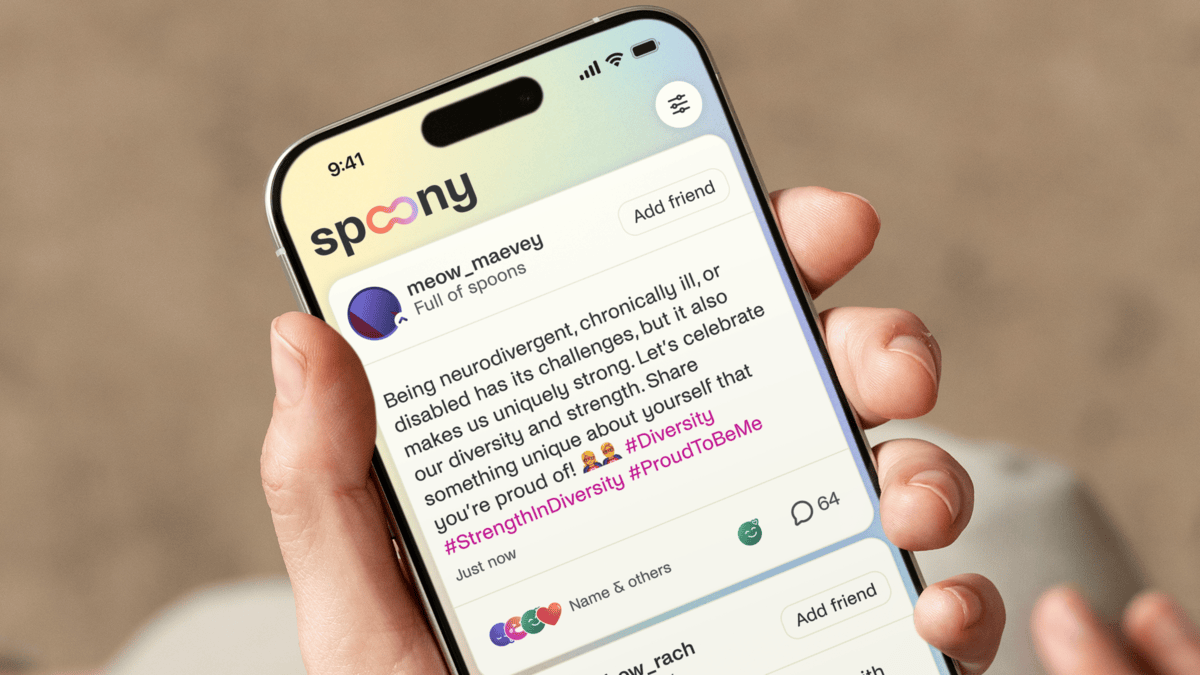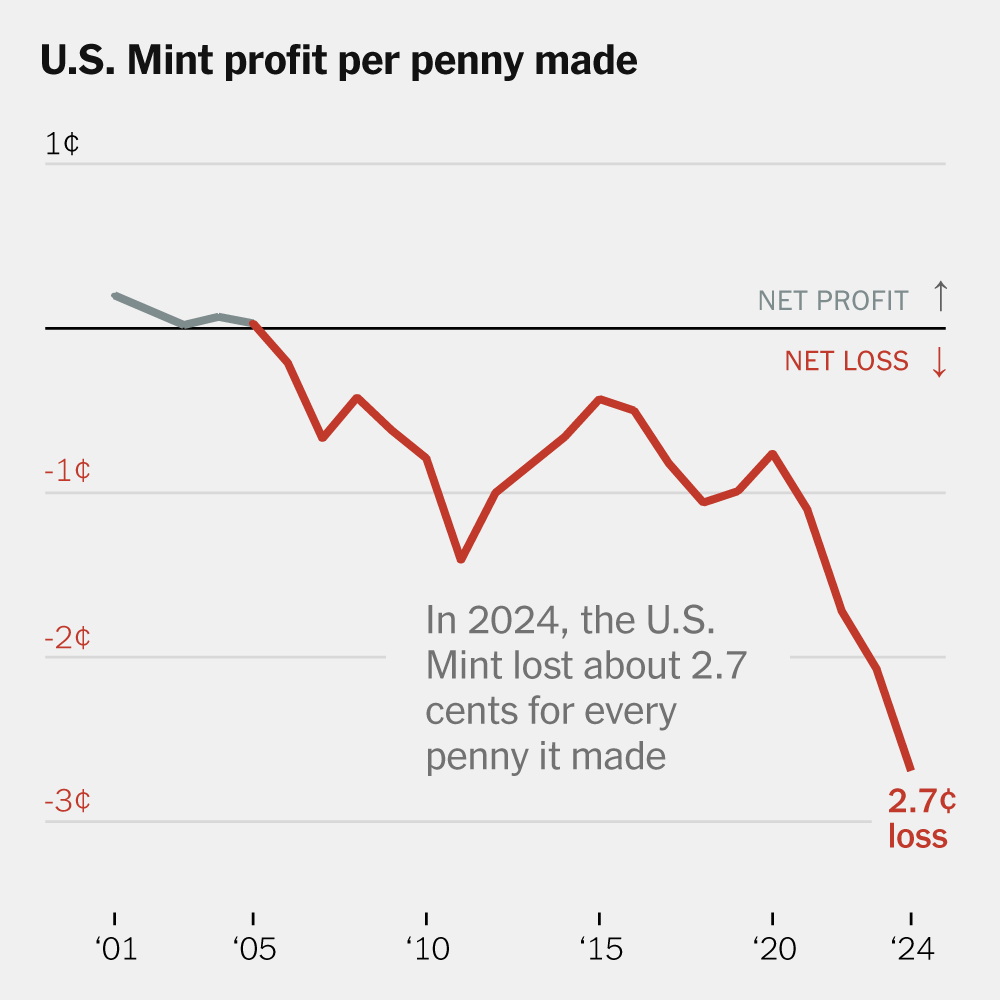As Elon Musk’s X (formerly Twitter) grapples with controversies and declining user trust, a new wave of ethical, user-first social platforms is emerging.
With growing dissatisfaction around platforms like X, users are increasingly seeking ethical alternatives—social media spaces that prioritize well-being, inclusivity, and meaningful connections over profit-driven algorithms. Ethical social media aims to create safer, more supportive environments, offering features that foster genuine interactions rather than encouraging endless scrolling and toxic debates. These platforms are designed to respond to the needs of users who are tired of being commodified or subjected to harmful content. As people flee traditional networks, many are looking for spaces that champion user rights, accessibility, and mental health support—places where they can truly feel seen and heard.
For instance, Spoony, an Australian-made app is flipping the script on social media, offering a safe, welcoming space for neurodivergent individuals, those with chronic illnesses, and disabled people. Think of it as a social platform that actually gets you—the one where you can connect, share, and get support without all the stress, toxicity, and endless scrolling.
So, how did it all come to be? The genius behind Spoony, Nicholas Carlton, came up with the idea after his own life took a sudden turn. After a severe illness forced him into early medical retirement, Carlton found himself battling more than just his health—he was hit hard by the isolation many people with chronic conditions or disabilities face. The feeling of being alone in a world that doesn’t always understand was all too familiar. And that’s when he decided to create a space that would change all that.
What makes such apps so special? For starters, it’s designed with the community in mind, offering a bunch of awesome features you won’t find anywhere else:
- Symptom tracking and wellness tools: Because your health matters, ut helps you track it all in one place, so you can manage your well-being with ease.
- Moderated communities: Toxic-free interactions, because no one needs to deal with negativity in a space that’s supposed to be supportive. Spoony ensures that everyone can enjoy a safe, respectful environment.
- Accessibility-first design: The creators didn’t just build an app; they built it with input from experts and the community to make sure it works for everyone—whether you have visual impairments, mobility issues, or other accessibility needs.
With mainstream platforms like X (formerly Twitter) getting more and more criticized for fueling negativity, home grown Spoony has found its niche by offering a sanctuary—a safe haven for those who want to break away from the chaos. And people are noticing.
“Neurodivergent, chronically ill, and disabled people experience a disproportionally high degree of social isolation,” said Nicholas Carlton, founder and CEO of Spoony. “Spoony is a safe space for this community to connect and support each other. The response has been overwhelming, and we’re honoured to create a space that feels like home for so many.”
A New Era of Ethical Social Media
But Spoony isn’t alone in the quest to redefine social media. Several emerging social media platforms are challenging the traditional, profit-driven models of mainstream apps, offering alternatives that prioritize user well-being, safety, and inclusivity. Platforms like Mastodon, a decentralized network where users join community-driven “instances,” and Bluesky, backed by Twitter co-founder Jack Dorsey, are gaining traction for their focus on decentralization and user control over data. Threads, developed by Meta, offers a more intimate space for conversations, while Hive Social champions a clean interface and chronological feeds, free from algorithmic manipulation.
Platforms like Mighty Networks and Tribe provide creators and niche communities with tools to build private, purpose-driven networks. Meanwhile, Signal and Vero emphasize privacy and user autonomy, appealing to those disillusioned by the data harvesting of traditional social media giants. As these platforms continue to grow, they reflect a broader shift toward ethical, community-focused social media that prioritizes meaningful engagement over corporate profit.
For Carlton and the Spoony team, the goal isn’t just growth; it’s transformation. “We’re building more than an app,” Carlton says. “We’re building a movement to change how marginalized communities experience digital spaces.” Spoony’s rise is a testament to the hunger for meaningful, supportive connections in an increasingly fragmented digital world. As users continue to search for alternatives to mainstream platforms, Spoony is leading the way with a model that prioritizes empathy, inclusivity, and community care.
Keep up to date with our stories on LinkedIn, Twitter, Facebook and Instagram.
As twitter (now x) struggles with growing user dissatisfaction and controversy, many are flocking to decentralized social media alternatives News, Tech Dynamic Business










